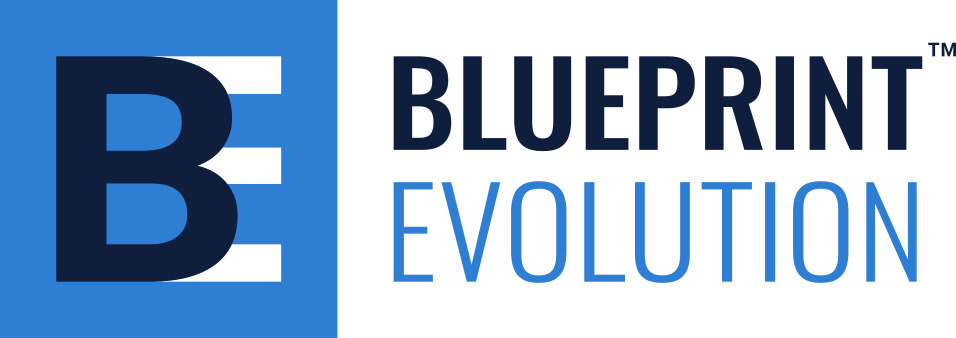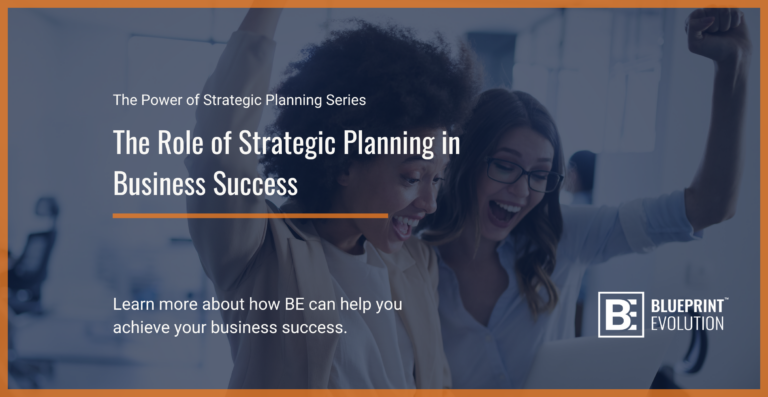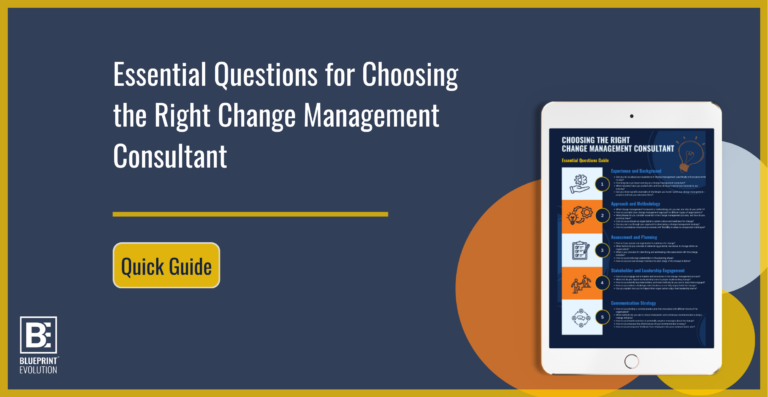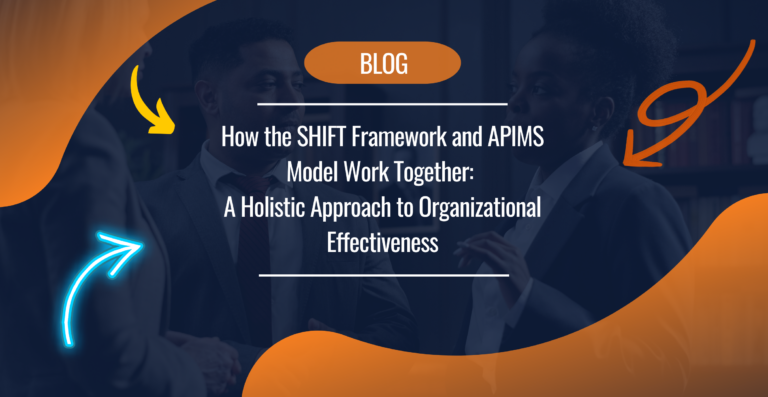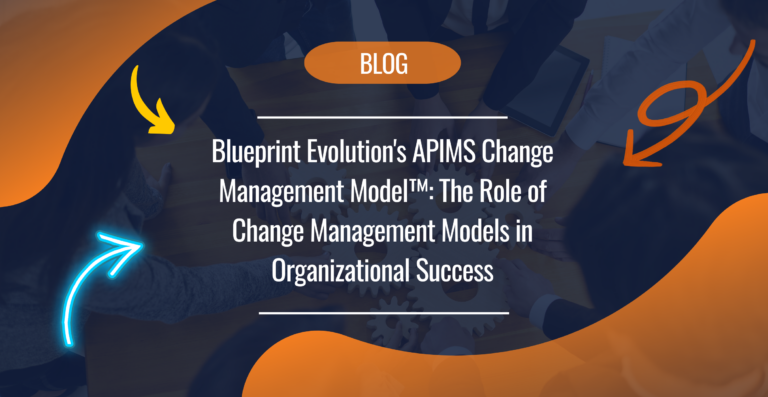Driving Transformation: The Power of Change Readiness and Planning
Change is a constant in business, and preparation distinguishes successful organizations. Our Change Readiness and Planning services are designed to evaluate your organization’s preparedness for change and create a comprehensive change management strategy. Incorporating inclusive practices prepares your organization for change and enhances its adaptability and effectiveness.
Understanding Change Readiness
- Risk Assessment: Identifying potential roadblocks early can reduce costs by up to 20% through proactive measures.
- Stakeholder Engagement: Engaged employees are 75% more likely to report successful change implementations.
- Adaptive Culture: Organizations with adaptive cultures that embrace inclusive practices experience 30% higher innovation levels and 2.3 times higher cash flow per employee.


Change Management Planning
- Clear Milestones: Defining specific steps and timelines to track progress and ensure accountability.
- Resistance Management: Approximately 70% of change initiatives encounter resistance; tailored strategies can significantly mitigate this.
- Human-Centered Strategy Integration: Organizations that focus on people-focused decision-making in change management report a 35% improvement in organizational health outcomes.
Prepare your organization for tomorrow, today.
Find Your Blueprint

Effective communication is essential in change management. It ensures transparent delivery of the reasons for change, anticipated benefits, and its impact on both individuals and the organization. As imperative components of this process, it’s critical to maintain regular updates and foster inclusive, open channels for feedback.
Engaging employees in the change process fosters a profound sense of ownership and commitment. This entails actively seeking their input, addressing concerns, and involving them in decision-making whenever possible. Through their participation, a more positive, inclusive, and collaborative atmosphere is cultivated, significantly enhancing the effectiveness of change management strategies.
Providing training and support to empower employees with the skills and knowledge needed to navigate changes adeptly helps with the growth process. This might involve workshops, coaching sessions, or customized educational programs to strengthen capabilities and nurture confidence throughout the transition.
Effective change management hinges on visible and active support from organizational leaders. Leaders are instrumental in setting the tone, demonstrating unwavering commitment, and guiding the organization inclusively through the change process. Their hands-on involvement fosters employee trust and confidence, ultimately driving the successful implementation of change.
Change Readiness and Planning involve assessing the organization’s preparedness for change, identifying potential challenges, and formulating a comprehensive change management plan aimed at fostering trust and securing buy-in throughout the transition. This plan encompasses strategies to address resistance and outlines the specific steps and milestones of the change initiative.
- Communication & Marketing Strategies
-
Effective communication is essential in change management. It ensures transparent delivery of the reasons for change, anticipated benefits, and its impact on both individuals and the organization. As imperative components of this process, it’s critical to maintain regular updates and foster inclusive, open channels for feedback.
- Employee Involvement & Engagement
-
Engaging employees in the change process fosters a profound sense of ownership and commitment. This entails actively seeking their input, addressing concerns, and involving them in decision-making whenever possible. Through their participation, a more positive, inclusive, and collaborative atmosphere is cultivated, significantly enhancing the effectiveness of change management strategies.
- Training & Skill Development
-
Providing training and support to empower employees with the skills and knowledge needed to navigate changes adeptly helps with the growth process. This might involve workshops, coaching sessions, or customized educational programs to strengthen capabilities and nurture confidence throughout the transition.
- Leadership Engagement
-
Effective change management hinges on visible and active support from organizational leaders. Leaders are instrumental in setting the tone, demonstrating unwavering commitment, and guiding the organization inclusively through the change process. Their hands-on involvement fosters employee trust and confidence, ultimately driving the successful implementation of change.
- Change Readiness & Planning
-
Change Readiness and Planning involve assessing the organization’s preparedness for change, identifying potential challenges, and formulating a comprehensive change management plan aimed at fostering trust and securing buy-in throughout the transition. This plan encompasses strategies to address resistance and outlines the specific steps and milestones of the change initiative.
